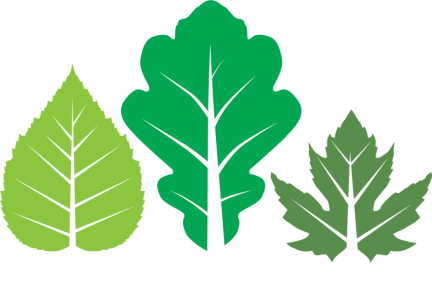Design & Technology
Design and Technology is an inspiring, rigorous and practical subject. Using creativity and imagination, pupils design and make products that solve real and relevant problems within a variety of contexts, considering their own and others’ needs, wants and values. They acquire a broad range of subject knowledge and draw on disciplines such as mathematics, science, engineering, computing and art. Pupils learn how to take risks, becoming resourceful, innovative, enterprising and capable citizens. Through the evaluation of past and present design and technology, they develop a critical understanding of its impact on daily life and the wider world. High-quality design and technology education makes an essential contribution to the creativity, culture, wealth and well-being of the nation.
The skills learned in Design and Technology also help with learning across the curriculum. Knowledge about the properties of materials helps in science and the practice of measuring accurately helps in maths. These skills help in IT through the children’s use of computer control and, naturally, in art and design. Design and Technology education helps develop children’s skills and knowledge in design, materials, structures, mechanisms and electrical control. Here at Chapel Street, children are encouraged to be creative and innovative, and are actively encouraged to think about important issues such as sustainability and enterprise.
There are three core activities children engage with in Design and Technology:
- activities which involve investigating and evaluating existing products
- focused tasks in which children develop particular aspects of knowledge and skills
- designing and making activities in which children design and make 'something' for 'somebody' or for 'some purpose'
At Chapel Street we aim to ensure that all pupils:
- develop the creative, technical and practical expertise needed to perform everyday tasks confidently and to participate successfully in an increasingly technological world
- build and apply a repertoire of knowledge, understanding and skills in order to design and make high-quality prototypes and products for a wide range of users
- critique, evaluate and test their ideas and products and the work of others
- understand and apply the principles of nutrition and learn how to cook


